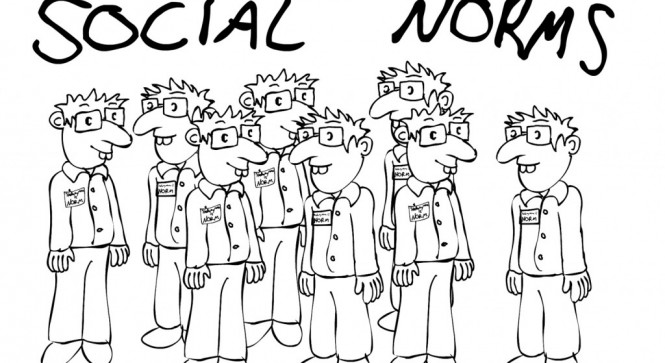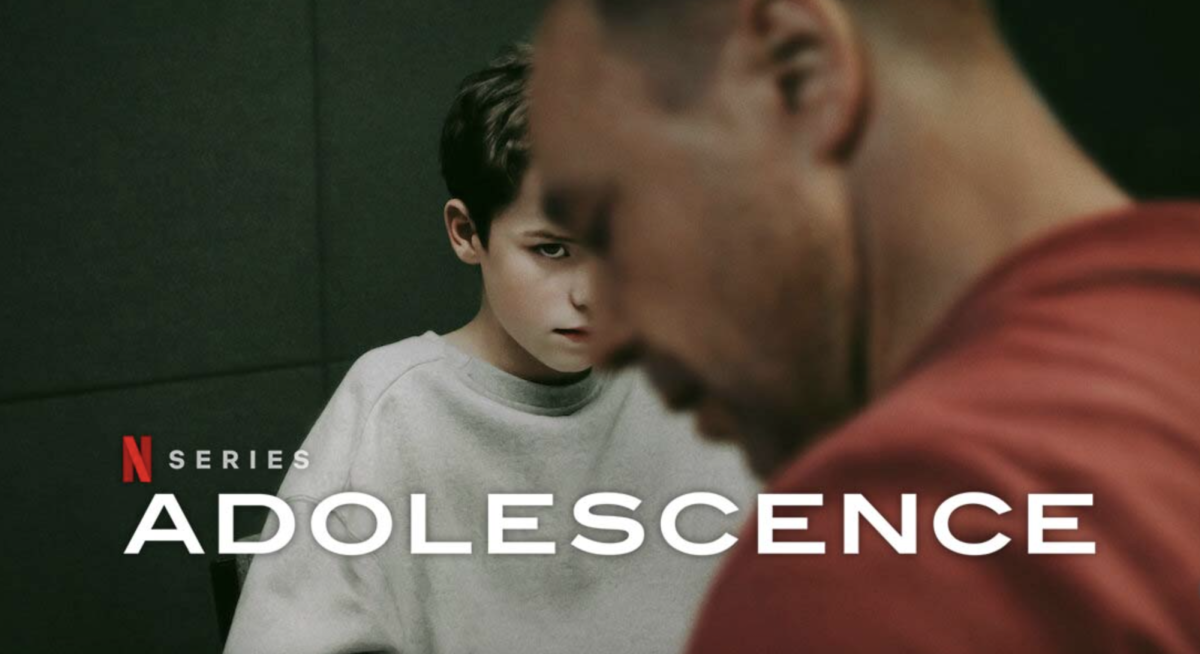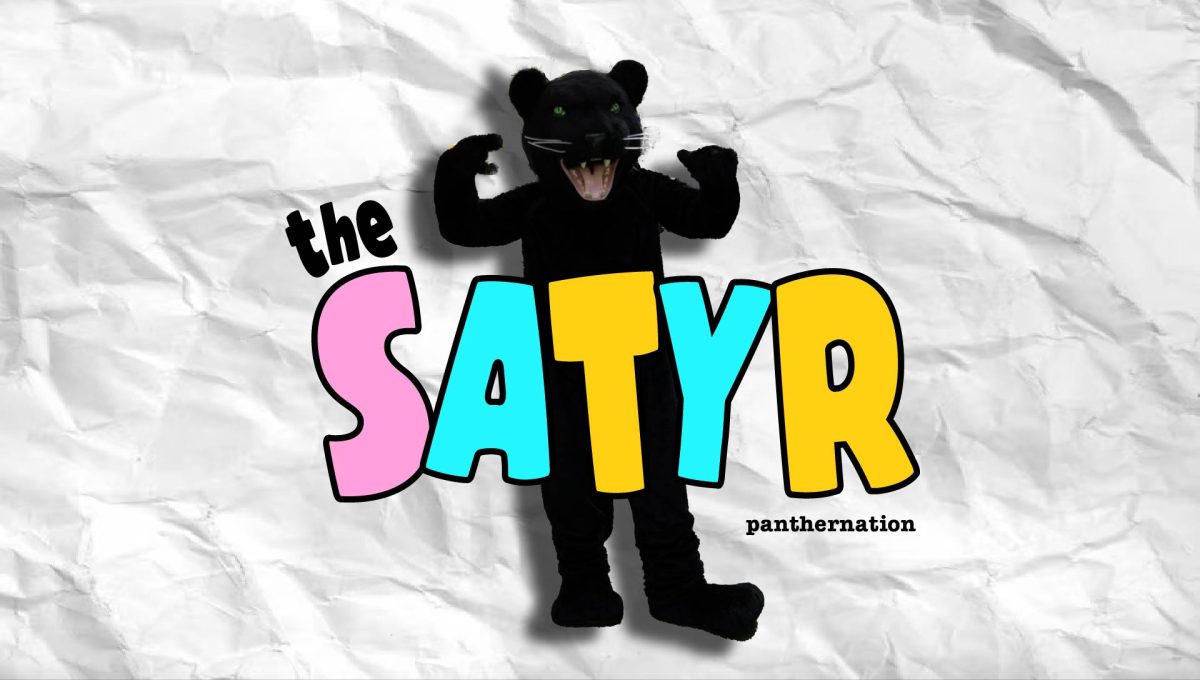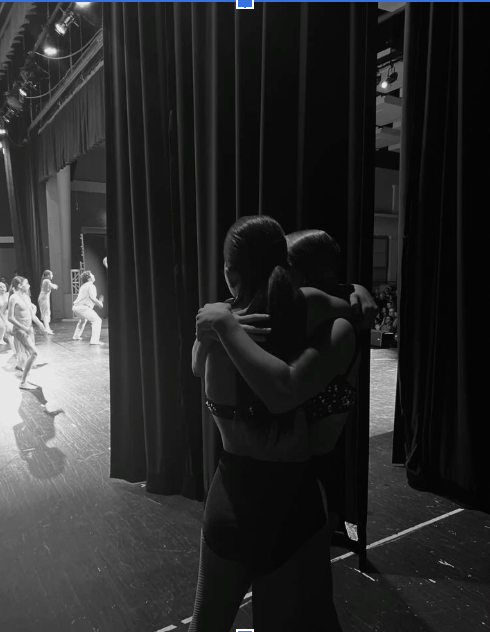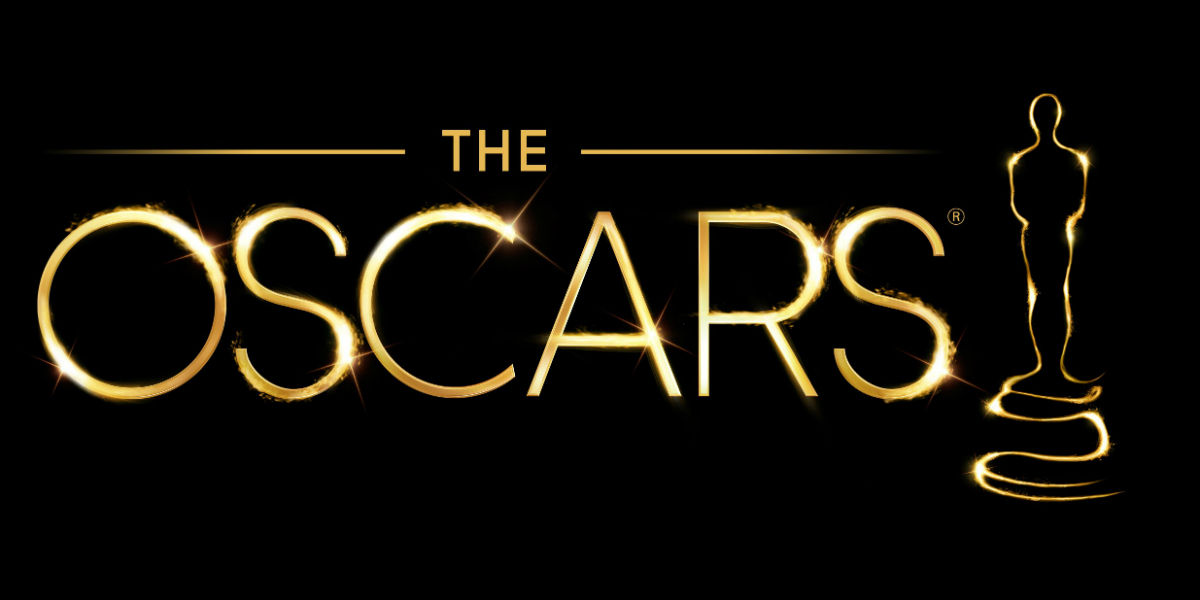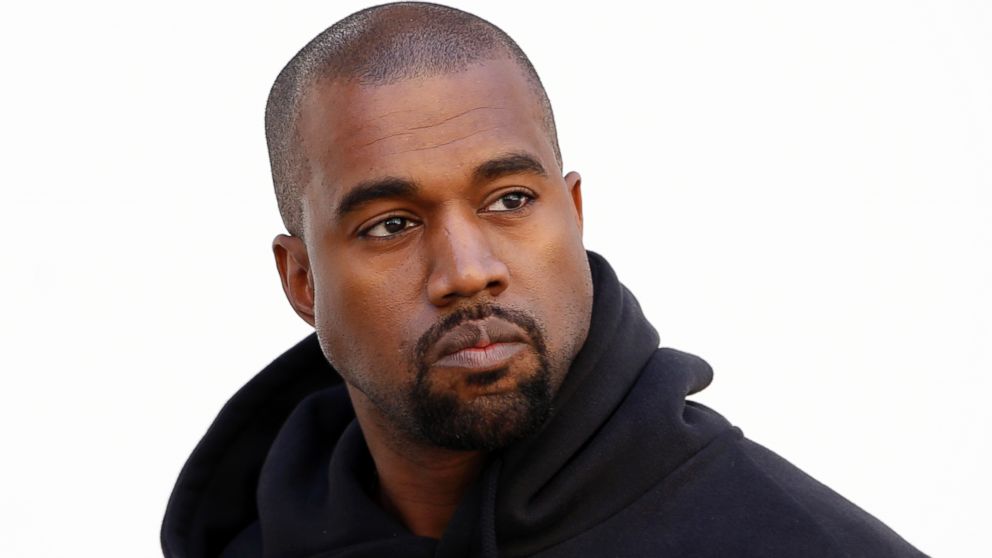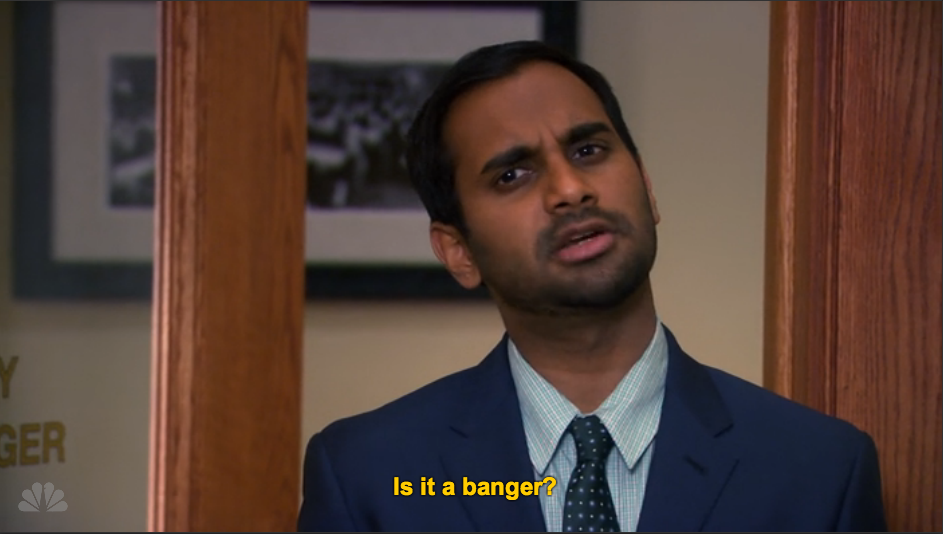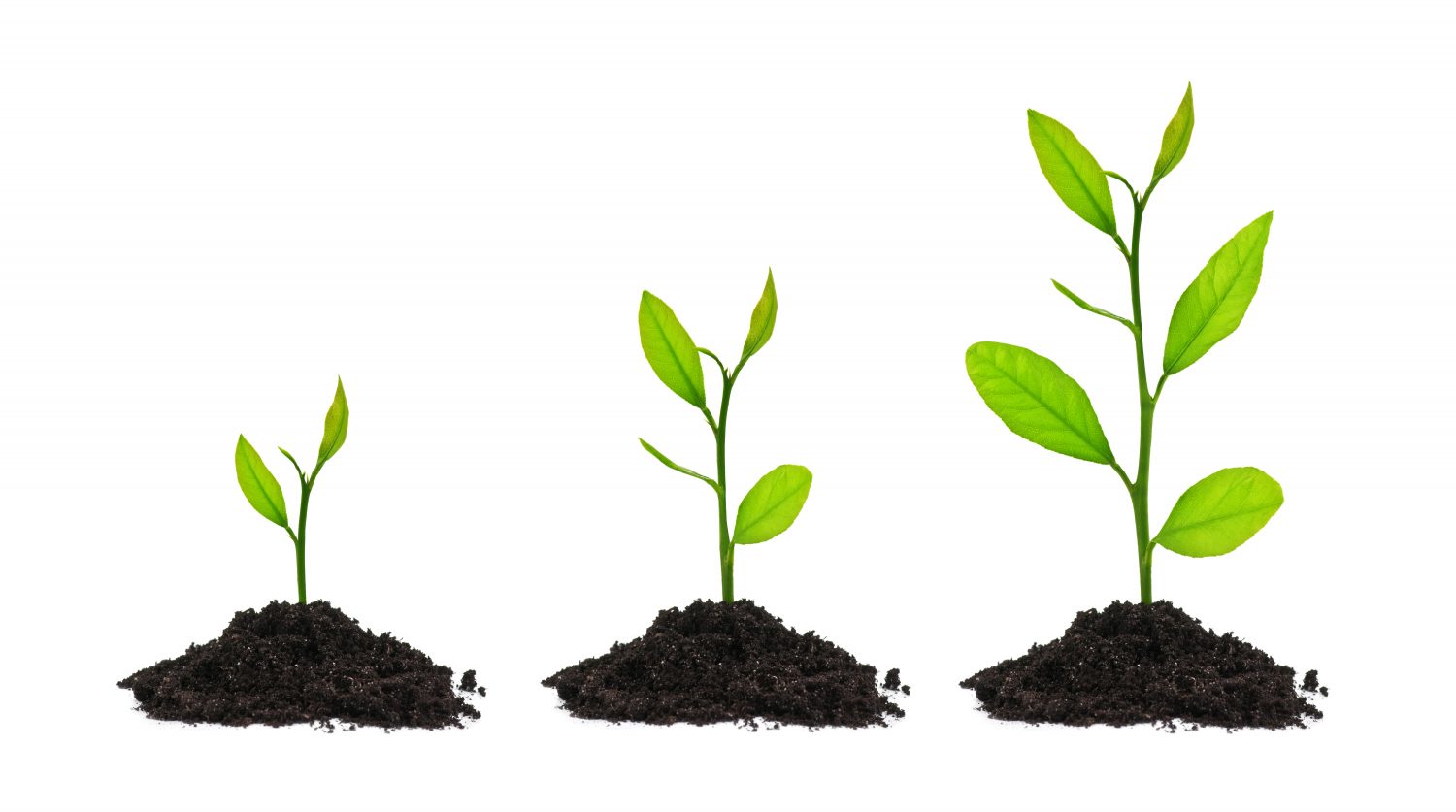Social norms are explicit or implicit rules set in place to define what is considered to be appropriate behaviors and values. They exist within any type of group and have been known to change drastically over time with new technologies, discoveries and ideas.
It is obvious that social norms today are different than social norms even 10 years ago. But have they changed for the better? Being aware of the changes and having the ability to evaluate the improvements and problems within our current social norms can be greatly beneficial. This article will explore four evolved social norms and how they impact our daily lives.
Privacy
It practically no longer exists since people share more on social media than they would ever say to someone face to face. According to an anonymous source, “scrolling through someone’s Facebook feed means learning many unnecessary details about their lives.”
Back in the days, people used to be much more private, perhaps because back then it actually took effort to get any sort of information out to other people. Before, you had to literally speak to someone to let them know about anything and even with the invention of letters and telegrams, it was not exactly easy to share information.
Now all it takes is a phone call or status update. It is almost too easy to put any sort of information out there and whether we do it to get attention or simply as a habit, we have traded our privacy for new convenient technologies.
Photography
Sure, cameras have been around since Nicéphore Niépce’s invention in 1816, but photography today is very unique. One obvious example is the development of the so-called “selfie culture.” It has escalated to the point that selfie sticks are now being banned in many countries.
According to Chris Rogers (11), “constant selfie-taking leads to more self-centered lives as a result of social media.” Selfies highlight the growing narcissism of our generation. Furthermore, pictures are supposed to solidify a special moment forever, but the proliferation of selfies has completely devalued the power of photographs.
Communication
Since the beginning of the earth, humans have been talking in order to understand each other’s feelings and needs. However, since the invention of phones, people have stopped talking to one another in person and instead have turned to texting.
Lucas De La Pena (10) said that “we always rely on our phones to get us information.” He also carried on to say that “we completely rely on phones to stay in touch with other people.” This is certainly a change.
Clothing
Over the years, our choice of clothing has changed drastically from dresses that reach the floor, to tight jeans with holes all over. People used to wear smart clothing to work, black skirts with a blouse, or loose black trousers. There never really used to be any colours.
But now, an anonymous source believes that “almost everything has changed and casual friday has become casual everyday.” This is a “really good change since there is so much less pressure to dress like everyone else and people can wear what they want to wear without being judged for it.”
According to Christa Gude (11) “it is hard to judge social norms because people nowadays can feel offended by every little thing, therefore perceiving positive changes as negative ones.” So overall, your perception of social norms depends on your point of view.
Chris pointed out that “though it is evident that we have grown to be more accepting of differences, the current social norms also reflect that we have somewhat lowered our standards.” These norms will “keep changing because technology will continue to redefine what “social” means and also because our general circumstances will also change.”
Lena Namatinia (12) concluded that “our social norms and values change based on multiple extraneous factors and it cannot be said that they have changed for the better or worse – it is all relative.” What is considered normal now will not be considered normal in a few years and “we must accept that change is okay.”
Antonina (Tosia) L and Lily G

